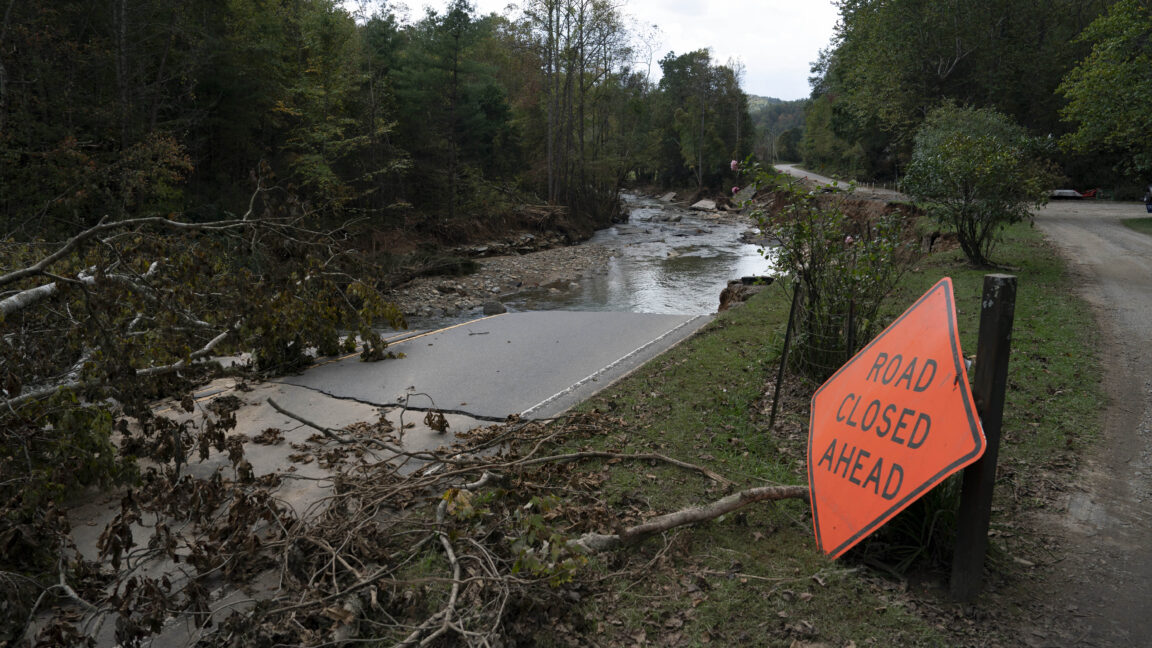- Posted On:2024-10-04 17:10
-
651 Views
Helene ravaged the NC plant that makes 60% of the country’s IV fluid supply
Hurricane Helene's catastrophic damage and flooding to the Southeastern states may affect the country's medical supply chain.
Hospitals nationwide are bracing for a possible shortage of essential intravenous fluids after the cataclysmic storm inundated a vital manufacturing plant in North Carolina.
The plant is Baxter International's North Cove manufacturing facility in Marion, which is about 35 miles northeast of Asheville. Helene unleashed unprecedented amounts of rain throughout the western part of the state, killing dozens and ravaging numerous communities, homes, and other structures, including the plant.
The North Cove plant produces 60 percent of the country's supply of IV solutions, typically producing 1.5 million bags per day, according to the American Hospital Association. The dozens of sterile solutions Baxter makes at the facility are used for everything from intravenous rehydration and drug delivery to peritoneal dialysis used to treat kidney failure.
"Our hearts and thoughts are with all those affected by Hurricane Helene," Baxter CEO José Almeida said in a statement on September 29. "The safety of our employees, their families, and the communities in which we operate remains our utmost concern, and we are committed to helping ensure reliable supply of products to patients. Remediation efforts are already underway, and we will spare no resource—human or financial—to resume production and help ensure patients and providers have the products they need."
Critical supply
On October 2, Mass General Brigham, Massachusetts’ largest hospital and health care system, warned employees via email of a "serious and immediate IV fluid shortage," according to the Boston Globe.
"We must immediately act to conserve fluids," the email said. "A Mass General Brigham incident Management Team is monitoring this very dynamic situation and will respond with appropriate measures as this unfolds."
On the same day, Baxter sent a letter to hospitals nationwide saying that it could only provide several IV products at 40 percent of normal supply levels, the Globe reported. Other hospital systems, including those in New Hampshire and Rhode Island, are also closely monitoring inventories and, in some cases, conserving supplies where possible. The Washington Post likewise reported that in Asheville, which was devastated by the flooding, staff at Mission Hospital were also told to start using IV fluids more sparingly.
In an update on Thursday, October 3, Baxter said that it had managed to reach a majority of its 2,500 North Cove employees, who had evacuated from the plant prior to the storm. But some are still unaccounted for, and communication has been hampered by a lack of cell phone reception. In terms of the site's recovery process, the company said a temporary bridge has been created to reach the plant, but a permanent structure will need to be built in the coming weeks to move in equipment for repairs and move out inventory that was secured in preparation for the storm and survived. There is currently no timeline for when the plant can resume operation.
Baxter has established purchasing limits on current supplies to ensure equitable distribution of inventory. It is also working with the Food and Drug Administration to explore importing products from its global manufacturing network.

